
Last week, the operation titled “Operation Peace Spring” which was conducted by Turkey with the aim of achieving border security was concluded after the meetings with U.S. and Russia. However, some special interest groups that want to benefit from the setting created by the operation continue their anti-Turkish policies. The most prominent activities are the activities of the Armenian lobbies in Europe and the U.S.
Particularly in the United States, a period in which presidential elections are approaching and discussions are made regarding the resolution on the impeachment of President Donald Trump being brought to the agenda creates an appropriate environment for the Armenian lobby to increase its pressure. With the beginning of the race for presidency, US policies on Turkey become a subject of domestic politics. As it known, the U.S. began to impose sanctions on Turkey due to Turkey’s operation in Syria in the last week, but those sanctions were lifted after the ending of the operation. According to the subsequent news, advisors of President Donald Trump reportedly advised him the option of threatening to recognize "the Armenian genocide" in order to put pressure on Turkey. But also according to the press, President Trump did not accept that advice.[1]
The U.S. Congress was the second address for the special interest groups who want to benefit from the tensions in the bilateral relations after President Trump rejected the advice. The disputes between President Trump and the U.S. Congress on the Syrian policy and the Ukraine-related matters paved the way for the issue of Turkey being brought to the Congress’ agenda. The democrats, who are arguing that Trump’s policies against Turkey are weak, took action for the immediate voting of the Armenian genocide draft which they had introduced to the House of Representatives and Senate on 9 April.[2]
In the drafts introduced by House of Representatives member Adam Schiff on 9 April, there are articles such as an official recognition of the 1915 events as genocide and thereby obviate the association of the U.S. Government with “denialist” policies. The drafts introduced to both of the Congress wings are based on references such as the reports of the U.S. Envoy in Istanbul Morgenthau, the statement no. 4838 of Ronald Reagan, the U.S. president in 1981 and the studies of Rafael Lemkin on genocide.[3] However, none of these references constitute coherent foundations for the draft.
First of all, it is known that Morgenthau, the U.S Envoy in Istanbul, wrote his reports that were sent to Washington without leaving Istanbul by means of his facilitators of Armenian origin.[4] Therefore, the academic studies, political explanations and resolutions referring to Morgenthau’s reports, are far from being significant as they are unreliable.
On the other hand, the reference based on the individual studies of Raphael Lemkin on genocide contradicts itself. Lemkin published his studies on the crime of genocide in the 1950s and mentioned 62 different cases all around the world that can be characterized as genocide. In addition to events which are not currently being labeled as genocide by any country, such as the massacre conducted by the Greeks against the Turks, these cases include the issue between America and the American Indians. Consequently, the adaptation of a resolution based on Lemkin’s notes opens the door to a serious accusation that may directed against the U.S itself along with many other countries. The approval of such resolutions aiming to “teach a lesson to Turkey” by the U.S. Congress for the sake of protecting U.S. interests will lead to the re-questioning of the history of America.
Lastly, the author of the Reagan’s speech in 1981 regarding “the lessons learned from the Armenian genocide, the Cambodian genocide and the Jewish genocide should never forgotten” is an Armenian-American. It was noted afterwards that Reagan had not made an objective statement.[5] On the other hand, it would be appropriate to mention that Bruce Fein, who was a legal counsel to Reagan at that time, explained that President Reagan had instructed them to investigate the Armenian allegations. Fein claims that they had prepared a report for Reagan and had proved that the history narrated by the lobbies was not compatible with reality.[6] Moreover, President Reagan did not consider the 1915 events as genocide except for his speech in 1981.
These drafts introduced to the U.S. Congress show that the propagandist American-Armenians place their interests before the interests of the country they are citizens of. It is evident that it will be inevitable to see the real interests of the U.S. stay in the background as long as the activities of “single issue” and "special interest" groups such as the Armenian lobby continue. Trying to punish President Trump in terms of Turkey through the Armenian claims which distort historical facts will bring nothing to the United States and will be a strategic mistake. It will detrimentally harm the Turkey-U.S.A. relations and significantly weaken the trust Turkey has for its NATO ally.
Translation Note: The House Resolution unfortunately passed on 29 October. In the Press Release of Turkish Foreign Ministry, the resolution bill was considered as political step targeting Turkey because of the domestic politics of the U.S.
[1] “Trump's Advısers Gave Hım Optıon To Recognıze Armenıan Genocıde As Tactıc To Pressure Turkey,” Newsweek, 18 October 2019, https://www.newsweek.com/trump-option-armenian-genocide-pressure-turkey-1466115.
[2] “U.S. House Set To Vote On Armenian Genocide Resolution,” Asbarez, 24 October 2019, https://www.azatutyun.am/a/30234744.html.
[3] H. RES. 296, USA Congress, 04 August 2019, https://www.congress.gov/bill/116th-congress/house-resolution/296/text; S. RES. 150, USA Congress, 04 August 2019, https://www.congress.gov/bill/116th-congress/senate-resolution/150/text.
[4] “24 Nisan’ı Anlamak,” 30 April 2019, https://avim.org.tr/tr/Yorum/24-NISAN-I-ANLAMAK.
[5] “Soykırım' tasarısının tam metni ve Türk Tarih Kurumu'nun cevabı,”T24, 4 March 2010, https://t24.com.tr/haber/soykirim-tasarisinin-tam-metni-ve-turk-tarih-kurumunun-cevabi,71800. n
[6] “In the Snowden case, Bruce Fein finds the apex of a long Washington legal career,” Washington Post, 11 August 2013, https://www.washingtonpost.com/lifestyle/style/in-the-snowden-case-bruce-fein-finds-the-apex-of-a-long-washington-legal-career/2013/08/11/82ad187a-011b-11e3-9a3e-916de805f65d_story.html.
© 2009-2025 Center for Eurasian Studies (AVİM) All Rights Reserved
No comments yet.
-
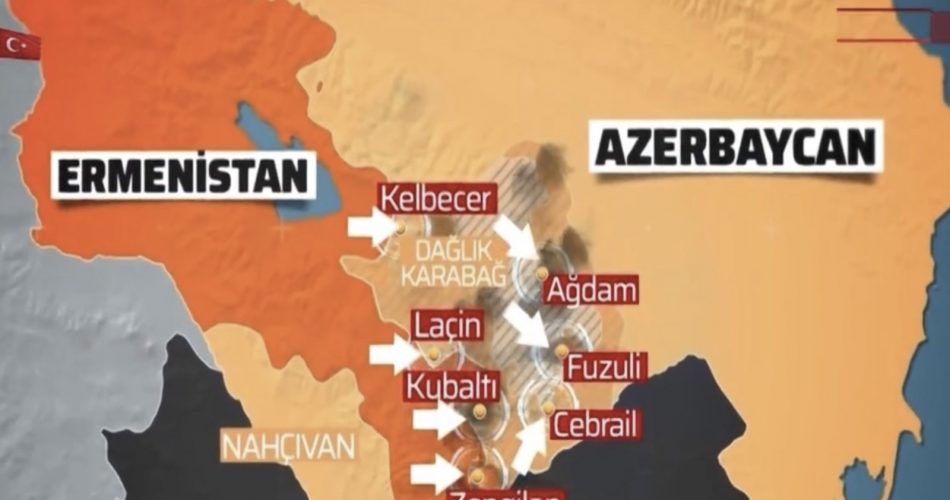 THE CONFLICT BETWEEN AZERBAIJAN-ARMENIA FROM TOVUZ TO NAGORNO KARABAKH
THE CONFLICT BETWEEN AZERBAIJAN-ARMENIA FROM TOVUZ TO NAGORNO KARABAKH
Tutku DİLAVER 07.10.2020 -
 HOW LONG WILL THE THREAT OF METSAMOR CONTINUE?
HOW LONG WILL THE THREAT OF METSAMOR CONTINUE?
Tutku DİLAVER 17.09.2019 -
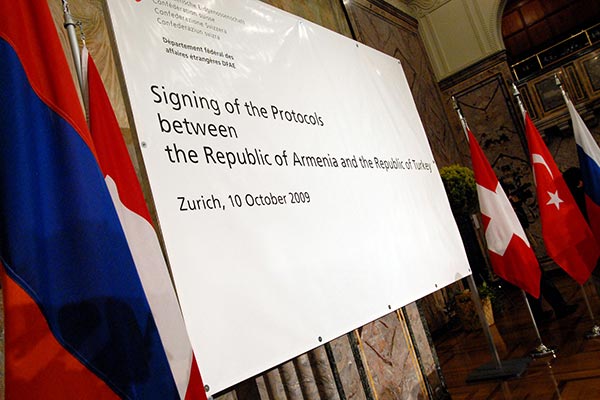 THE ZURICH PROTOCOLS AND DIASPORA
THE ZURICH PROTOCOLS AND DIASPORA
Tutku DİLAVER 21.03.2018 -
 IS THE THREAT POSED BY THE METSAMOR NUCLEAR POWER PLANT BEING OVERLOOKED?
IS THE THREAT POSED BY THE METSAMOR NUCLEAR POWER PLANT BEING OVERLOOKED?
Tutku DİLAVER 10.11.2022 -
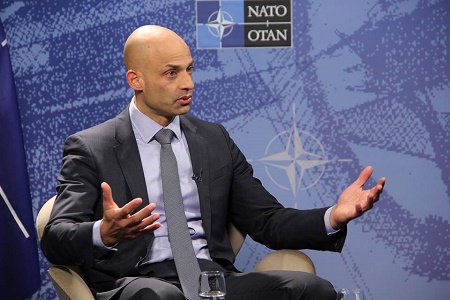 WHERE IS THE NOVELTY IN ARMENIA’S FOREIGN POLICY?
WHERE IS THE NOVELTY IN ARMENIA’S FOREIGN POLICY?
Tutku DİLAVER 11.04.2019
-
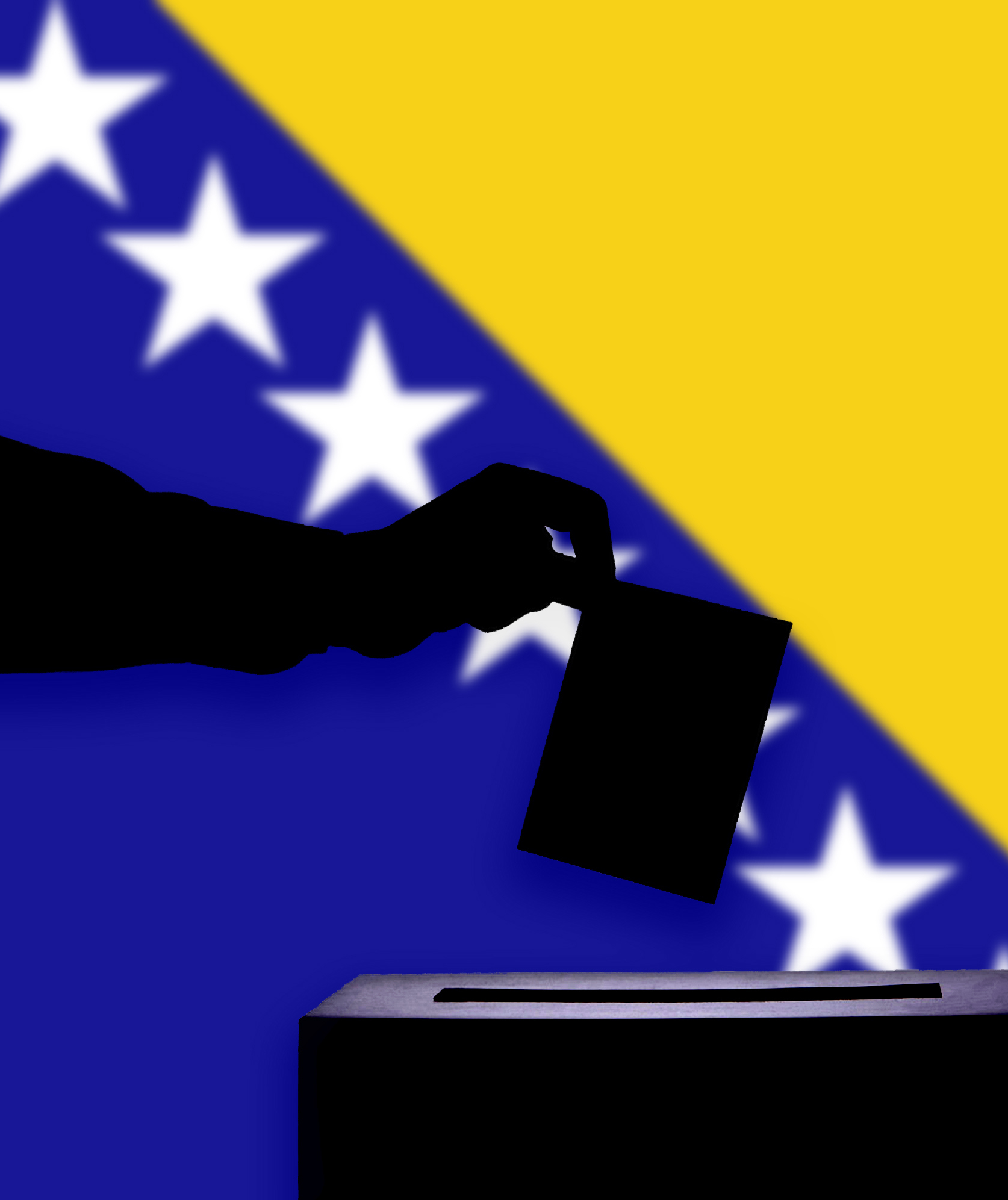 BOSNIA-HERZEGOVINA ELECTION RESULTS SIGNAL ROUGH CHALLENGES FOR EU DESIGNS IN THE BALKANS
BOSNIA-HERZEGOVINA ELECTION RESULTS SIGNAL ROUGH CHALLENGES FOR EU DESIGNS IN THE BALKANS
Teoman Ertuğrul TULUN 16.10.2018 -
EURASIAN UNION’S POTENTIAL AND THE HURDLES ON ITS WAY
Alev KILIÇ 09.12.2012 -
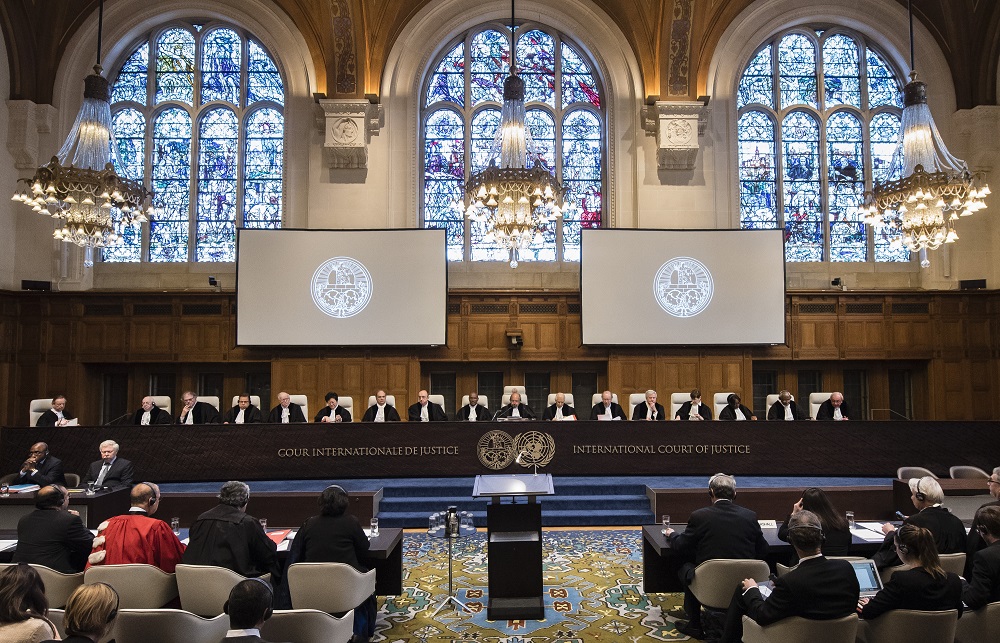 GREECE’S “CHERRY-PICKING” POLICY IN INVOKING THE RULES OF INTERNATIONAL LAW
GREECE’S “CHERRY-PICKING” POLICY IN INVOKING THE RULES OF INTERNATIONAL LAW
Teoman Ertuğrul TULUN 31.08.2020 -
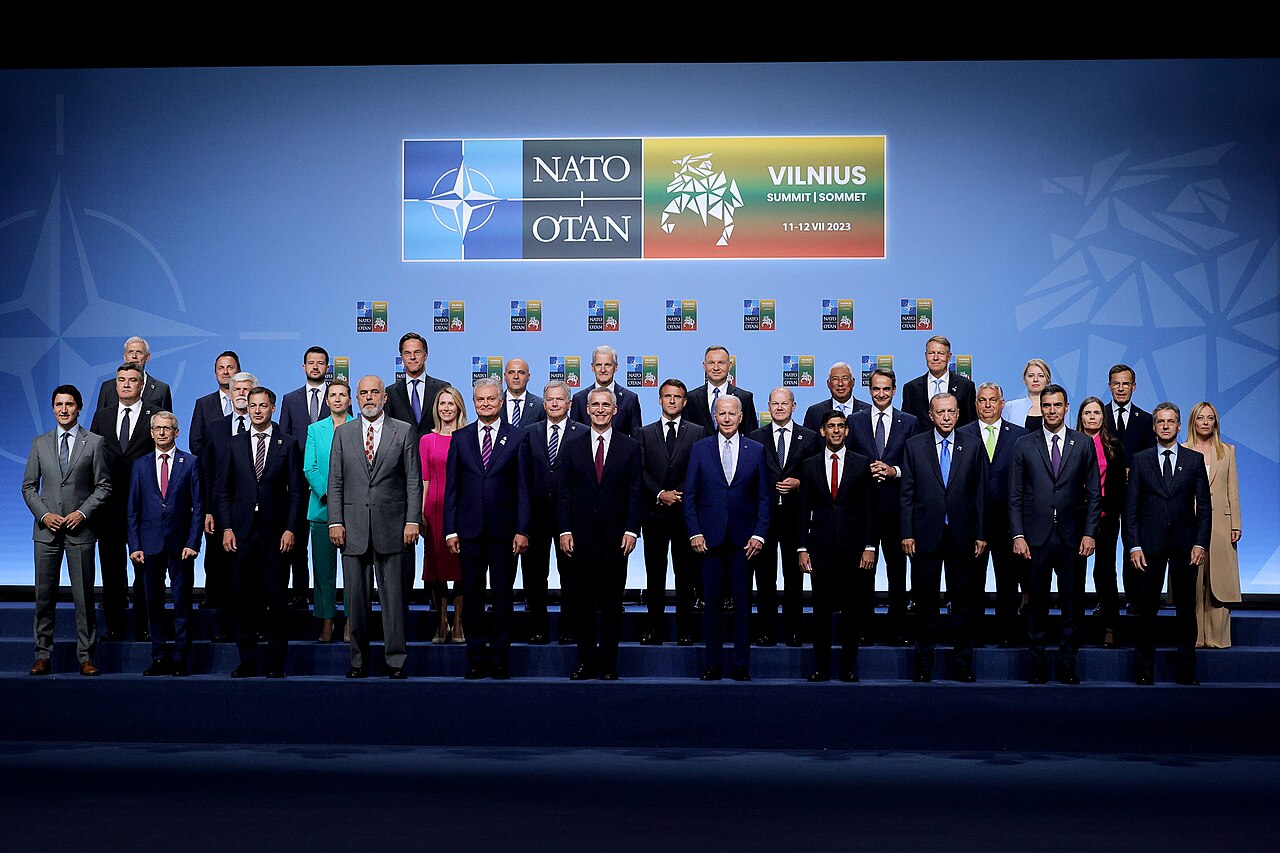 THE 2023 NATO SUMMIT AND THE BLACK SEA SECURITY
THE 2023 NATO SUMMIT AND THE BLACK SEA SECURITY
Turgut Kerem TUNCEL 20.07.2023 -
TURKIC COUNCIL AND EURASIAN COOPERATION IN THE LIGHT OF DEVELOPMENTS IN THE REGION
Özge Nur ÖĞÜTCÜ 24.02.2015
-
25.01.2016
THE ARMENIAN QUESTION - BASIC KNOWLEDGE AND DOCUMENTATION -
12.06.2024
THE TRUTH WILL OUT -
27.03.2023
RADİKAL ERMENİ UNSURLARCA GERÇEKLEŞTİRİLEN MEZALİMLER VE VANDALİZM -
17.03.2023
PATRIOTISM PERVERTED -
23.02.2023
MEN ARE LIKE THAT -
03.02.2023
BAKÜ-TİFLİS-CEYHAN BORU HATTININ YAŞANAN TARİHİ -
16.12.2022
INTERNATIONAL SCHOLARS ON THE EVENTS OF 1915 -
07.12.2022
FAKE PHOTOS AND THE ARMENIAN PROPAGANDA -
07.12.2022
ERMENİ PROPAGANDASI VE SAHTE RESİMLER -
01.01.2022
A Letter From Japan - Strategically Mum: The Silence of the Armenians -
01.01.2022
Japonya'dan Bir Mektup - Stratejik Suskunluk: Ermenilerin Sessizliği -
03.06.2020
Anastas Mikoyan: Confessions of an Armenian Bolshevik -
08.04.2020
Sovyet Sonrası Ukrayna’da Devlet, Toplum ve Siyaset - Değişen Dinamikler, Dönüşen Kimlikler -
12.06.2018
Ermeni Sorunuyla İlgili İngiliz Belgeleri (1912-1923) - British Documents on Armenian Question (1912-1923) -
02.12.2016
Turkish-Russian Academics: A Historical Study on the Caucasus -
01.07.2016
Gürcistan'daki Müslüman Topluluklar: Azınlık Hakları, Kimlik, Siyaset -
10.03.2016
Armenian Diaspora: Diaspora, State and the Imagination of the Republic of Armenia -
24.01.2016
ERMENİ SORUNU - TEMEL BİLGİ VE BELGELER (2. BASKI)
-
AVİM Conference Hall 24.01.2023
CONFERENCE TITLED “HUNGARY’S PERSPECTIVES ON THE TURKIC WORLD"









